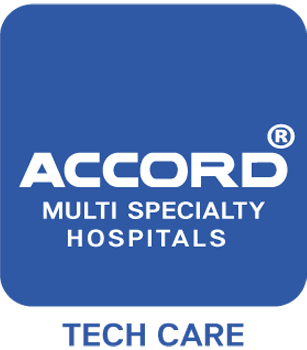An electroencephalogram (EEG) is a test that measures electrical activity in the brain using small, metal discs (electrodes) attached to the scalp. Brain cells communicate via electrical impulses and are active all the time, even during asleep. This activity shows up as wavy lines on an EEG recording. An EEG is one of the main diagnostic tests for epilepsy. An EEG can also play a role in diagnosing other brain disorders.
An EEG can find changes in brain activity that might be useful in diagnosing an array of brain disorders, especially epilepsy or another seizure disorder.
An EEG might also be helpful for diagnosing or treating:
- Brain tumors
- Brain damage from head injury
- Brain dysfunction that can have a variety of causes (encephalopathy)
- Sleep disorders
- Inflammation of the brain (herpes encephalitis)
- Stroke
- Sleep disorders
- Creutzfeldt-Jakob disease – also known as subacute spongiform encephalopathy or neurocognitive disorder due to prion disease, is an invariably fatal degenerative brain disorder. Early symptoms include memory problems, behavioral changes, poor coordination, and visual disturbances. Later symptoms include dementia, involuntary movements, blindness, weakness, and coma
- A continuous EEG is used to help find the right level of anesthesia for someone in a medically induced coma.
Prevention is better than cure and early detection can be a boon to you your wellbeing. We at ACCORD Hospitals have highly skilled technicians and renowned consultants that will help perform your test seamlessly and evaluate your test results.
Book your appointment today!

